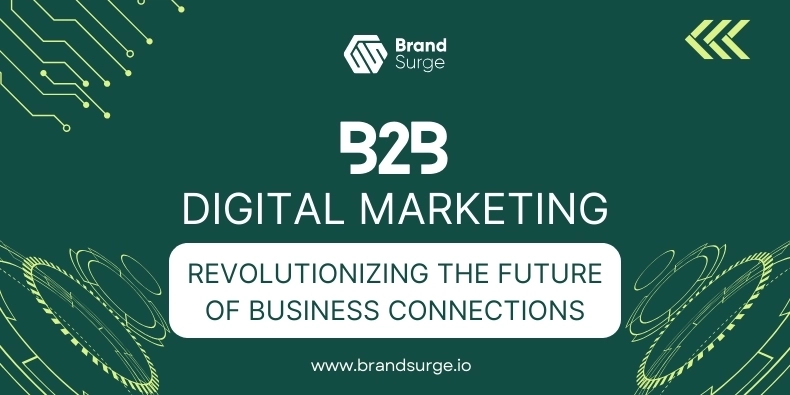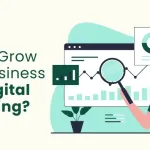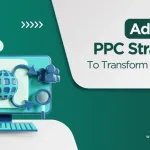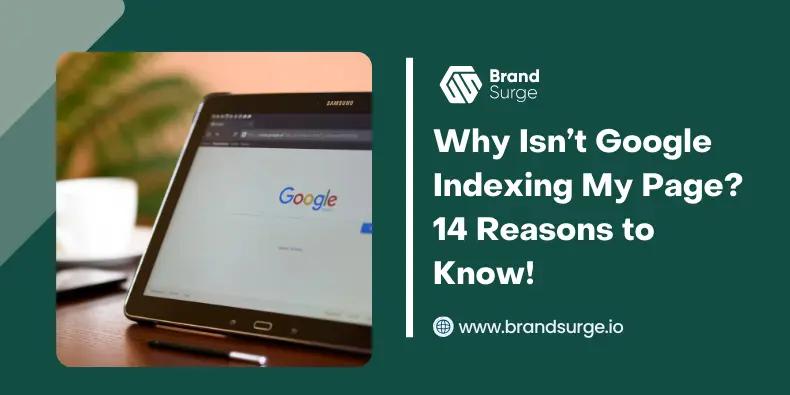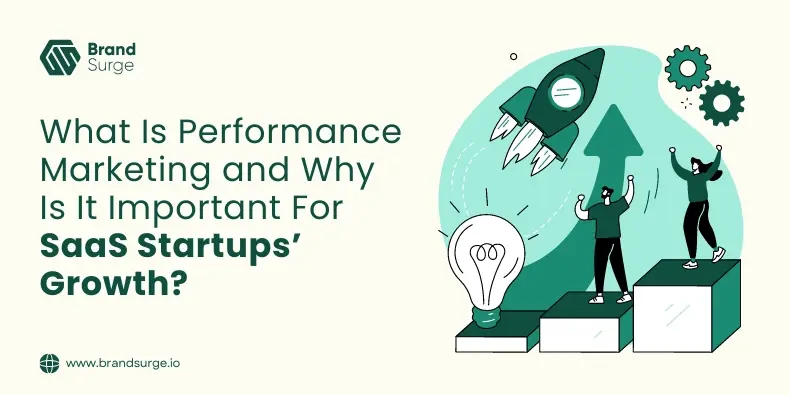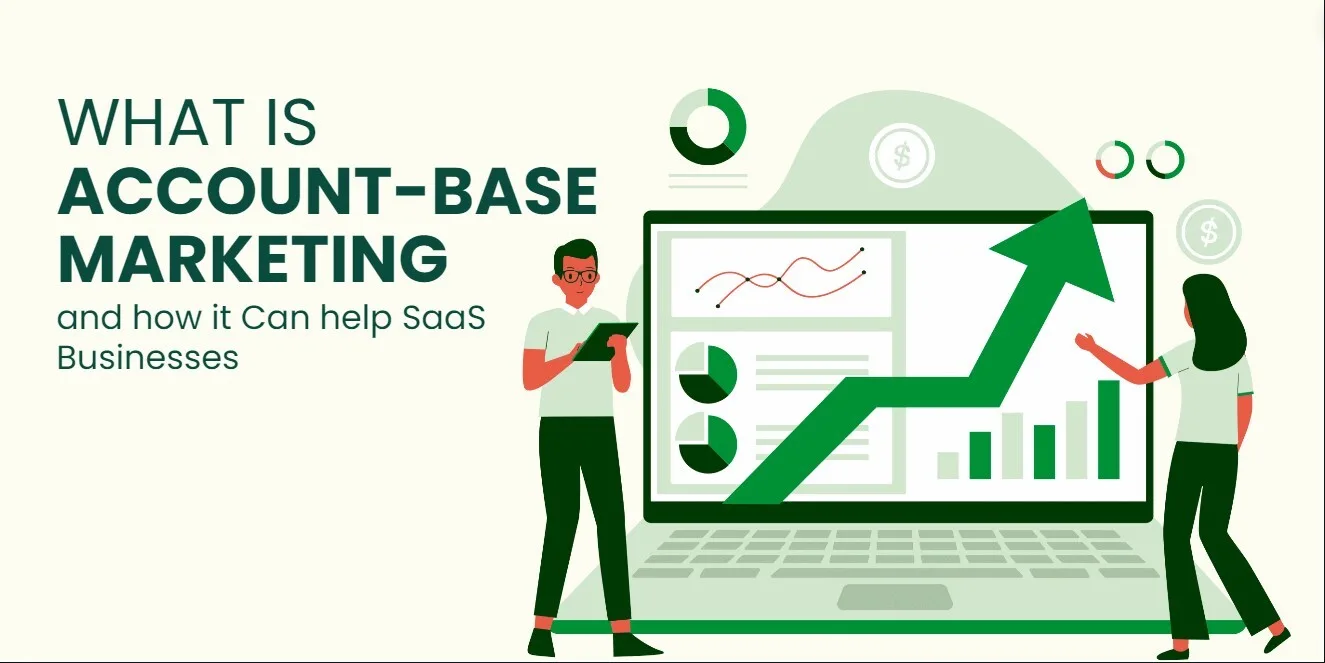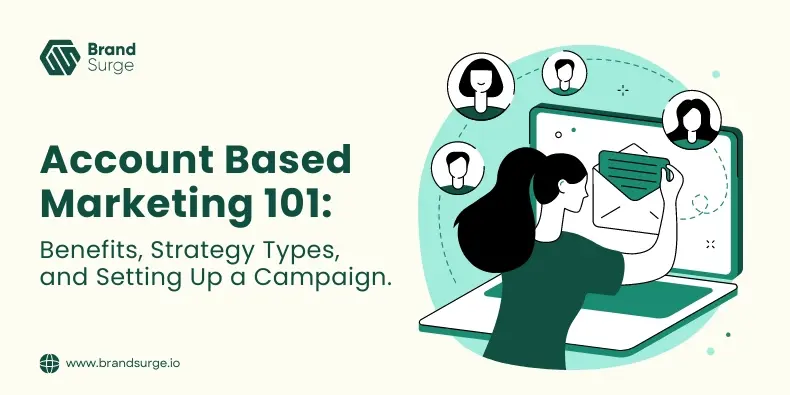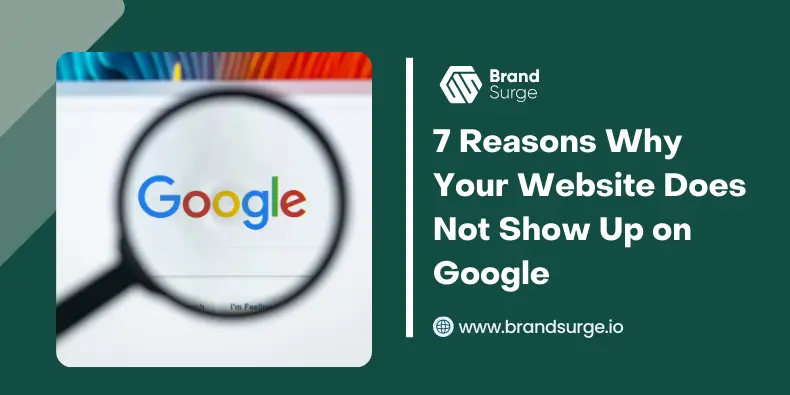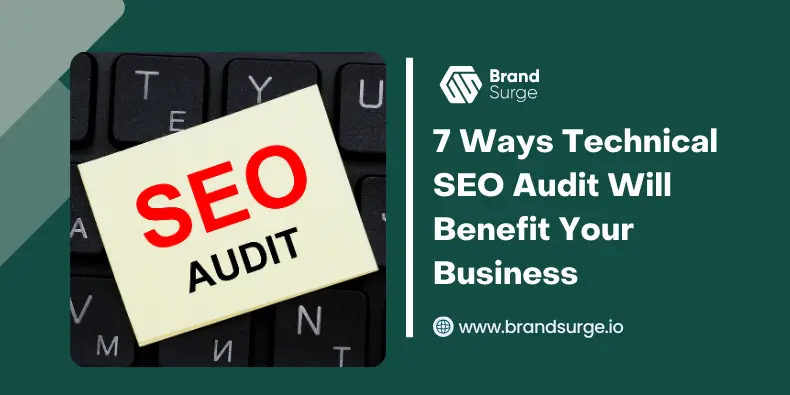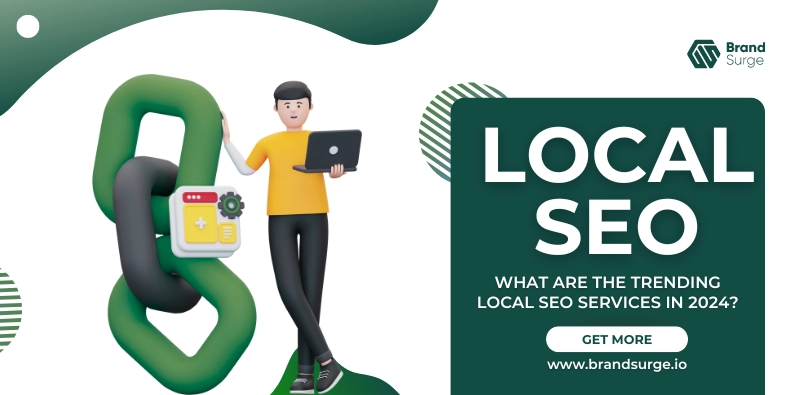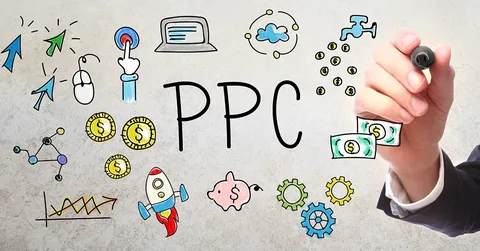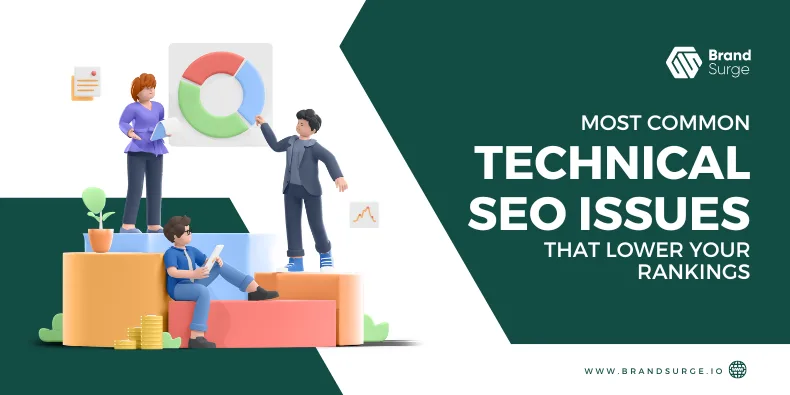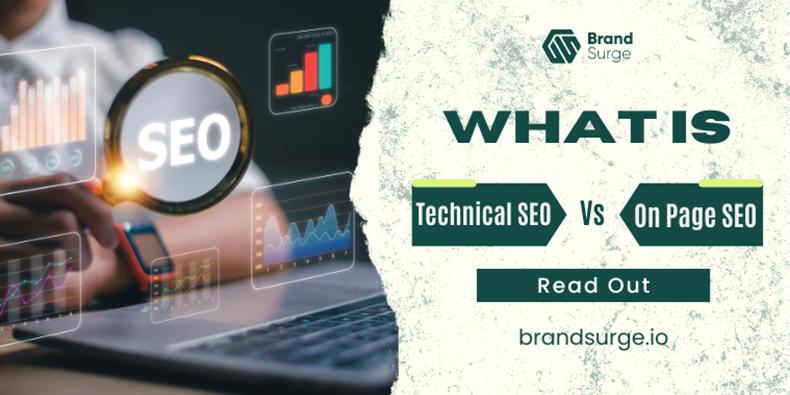Over the past few decades, the digitization of industries has brought about a seismic shift in business-to-business (B2B) interactions. The advent of digital technologies and the ubiquitous nature of the internet have paved the way for new methods of communication, marketing, and sales. In this blog, we will dive deep into B2B digital marketing, exploring how it’s revolutionizing the future of business connections.
What is B2B Digital Marketing?
At its core, content marketing is a straightforward yet challenging approach that revolves around the production of content that draws your target audience’s interest. The key is to establish your end goal, and then produce content that guides you toward that objective. To reach these goals, different forms of content are used, including pictures, videos, webinars, infographics, and blogs. Marketers ensure that they use all strategies of content marketing to accomplish specific objectives.
In simple words, content marketing is an art form that requires a unique blend of creativity, strategy, and understanding of the target audience. It’s about telling your brand’s story in a way that engages, informs, and builds a relationship with your audience.B2B (Business-to-Business) digital marketing uses internet-based strategies to promote products or services to other businesses. While B2C (Business-to-Consumer) marketing is directed at individual consumers, B2B marketing is aimed at other companies. Meanwhile, the following are some of the marketing strategies it includes:
Website and SEO
A business website is your digital storefront and is typically your first point of interaction with potential customers. Search Engine Optimization (SEO) enhances your website’s visibility in search engine results and helps you drive more organic traffic – leading to an increased number of sales and revenue.
Content Marketing
It is one of the most popular and impactful marketing strategies. As we all know, the power of visuals in these Instagram and TikTok-driven times, marketers very creatively leverage it for promoting businesses and brands. And you must have been influenced by it at some point in your life. But what is content marketing?
It is a simple yet very challenging strategy that involves creating content that attracts your target audience. But you must first get very clear about your end goal and create the type of content that would help you achieve it. Marketers use it to achieve different business goals, such as raising brand awareness, promoting a certain product, creating a positive brand image, upselling, or expanding customer base.
They leverage different content types (pictures, videos, webinars, infographics, blogs) and make sure to utilize all strategies of content marketing to achieve certain types of goals.
Email Marketing
Email is one of the most powerful strategies for B2B marketers, as it allows you to personalize communication with potential clients or foster deeper relations with existing customers.
It is used for nurturing leads, distributing content, and promoting products or services.
Social Media Marketing
Although traditionally associated with B2C, social media platforms like LinkedIn, Twitter, TikTok, and Facebook have become essential tools for B2B marketing. They provide a platform for businesses to engage with potential clients, share content, and build brand recognition.
Paid Advertising
This includes Pay-Per-Click (PPC) advertising, display advertising, and social media advertising. These strategies help businesses to reach a wider audience, increase brand visibility, and generate leads quickly.
Data Analytics
Digital marketing generates vast amounts of data. Analyzing this data will help you better understand your audience better, measure the effectiveness of your marketing strategies, and make informed decisions.
Account-Based Marketing (ABM)
A strategic approach in B2B marketing where key business accounts are marketed directly as a unit. It focuses on individual accounts and personalizes campaigns to these specific entities.
B2B digital marketing can offer several benefits, such as global reach, cost-effectiveness, better targeting and segmentation, personalization, and measurable results. As the business landscape continues to evolve, B2B digital marketing is becoming increasingly crucial for business growth and success.
The Emergence of B2B Digital Marketing
Traditionally, B2B interactions were characterized by face-to-face meetings, physical product demos, and long sales cycles. But with the digital transformation, B2B marketing has fundamentally changed.
Companies are now leveraging digital channels and platforms to reach potential clients, communicate their value proposition, and drive growth.
Digital marketing in the B2B context involves SEO, content marketing, social media marketing, email marketing, web-based advertising, and more.
The Power of Digital in B2B Interactions
One of the predominant advantages of digital marketing in a B2B setting is its ability to provide personalized and targeted marketing experiences. Today, B2B marketers can leverage the power of data and analytics to understand their customer’s behavior, preferences, and needs, allowing you to create customized marketing strategies that resonate with their target audience. By utilizing effective strategies to grow your business with digital marketing, companies can achieve significant results.
Digital marketing also provides businesses with the ability to reach a global audience. With the help of digital platforms, a B2B company based in New York can easily connect with a potential client in Tokyo, removing geographical barriers and expanding business opportunities.
B2B Digital Marketing Trends Shaping the Future
As we look forward, several B2B digital marketing trends are set to shape the future of business connections. Here are a few key ones:
Artificial Intelligence (AI) and Machine Learning (ML)
AI and ML are proving to be game-changers in B2B digital marketing. They enable predictive analysis, customer segmentation, and personalized marketing at scale, improving the efficiency and effectiveness of marketing campaigns.
Account-Based Marketing (ABM)
Account Based Marketing (ABM) is a strategic approach to B2B marketing which is based on goals for specific target accounts. It involves creating highly customized campaigns for individual accounts, which helps increase the relevance and effectiveness of marketing efforts.
Content Marketing and SEO
High-quality content remains king in the digital world. Combined with SEO strategies, content marketing helps businesses attract, engage, and convert their target audience, fostering strong business relationships.
Video Marketing
With the rise of social platforms like YouTube, Tik Tok and LinkedIn, video marketing is becoming increasingly important in the B2B landscape. From product demos to explainer videos, this format allows businesses to convey their messages in a more engaging and memorable way.
Chatbots and Virtual Assistants
These technologies are revolutionizing customer service in B2B marketing. They provide instant responses to customer queries, improving the customer experience and freeing up valuable time to focus on more complex tasks.
Digital Marketing | Embracing the Digital Future
B2B digital marketing is a powerful tool that is transforming the future of business connections. By using these strategies, companies like Brand Surge can improve customer understanding, create tailored experiences, and drive business growth. As we look forward, the impact of digital marketing will continue to shape the B2B landscape, fostering stronger and more meaningful business relationships.
